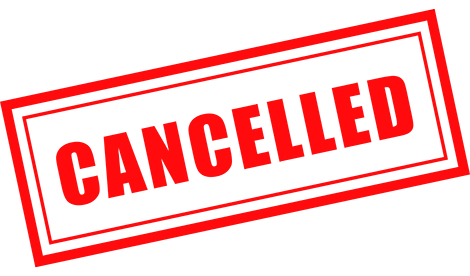

News

It’s not COVID-19, a lack of public hospital beds is the cause of the rise in elective surgery cancellations
Tuesday March 21, 2023
A lack of hospital beds is to blame for the high rates of elective surgery cancellation, not COVID-19 pressures, as the Health Minister has suggested, according to AMA (WA) President Dr Mark Duncan-Smith.
High rates of elective surgery cancellation are an indicator of a system with inadequate capacity, as is ambulance ramping.
Elective surgery cancellations peaked in November 2022 at 2,478 (the latest month reported). This is up from 1,104 in April 2022 when COVID was also active. The months in between there were approximately 2,000 cancellations per month.
On 21 April 2022, there were 9,314 new COVID cases, 248 in hospital and 9 in ICU.
On 18 November 2022, there were 9,065 new cases, 179 in hospital and 3 in ICU.
Dr Duncan-Smith said COVID was not the cause of yet another poor record for the McGowan Government.
“These high and increasing rates of elective surgery cancellation are and were predictable and foreseeable. It was also preventable, which is an indictment of the McGowan Government’s approach to the public healthcare of West Australians,” he said.
“In an article in January, I wrote “Early indications for 2023 are that it will be business as usual, with access block and poor work conditions for our healthcare professionals”.
“Our WA public hospitals are consistently approximately 100 per cent occupied. They are sometimes greater than 100 per cent occupied, as we are all aware of the ‘over-census beds’.
“Once hospital bed occupancy goes above 90 per cent, the rates of poor outcomes go up, including ramping, cancellation of elective surgery and hospital death rates.
“85 per cent has been identified as the best bed occupancy rate for efficiency (National Audit Office, 2013). When occupancy rates go over 90 per cent, the result is regular bed crisis (Bagust, 1999) and increased cancellation of elective surgery.
“Bed occupancy rates are also positively related to increased surgical mortality and overall mortality (Bosque-Mercader, 2022).
“Access block is multifactorial but the primary determinate is the capacity of the system.
“Increased capacity has been requested for years, and I have previously specifically lobbied heavily for the McGowan Government to adopt a policy to reach and maintain the national average of beds per head of population. As yet, they have not.
“JUST THE AVERAGE, that way, we would at least have a fighting chance of reducing access block, and these predictable and preventable poor measures of our inadequate health system.
“These cancellations are part of a vicious cycle that feeds the downward spiral of WA’s health system. A system under such strain is not a productive or enjoyable place to work, placing more stress on the workforce, exacerbating attraction and retention problems, compounding capacity issues and compromising patient care.
“In the budget last year, the McGowan Government increased non-COVID health spend by 3 per cent, well below CPI. Capacity issues aside, less elective surgery with less money (factoring in CPI) is also predictable.
“It appears the McGowan Government is pretty comfortable, while the public of WA suffer.”

